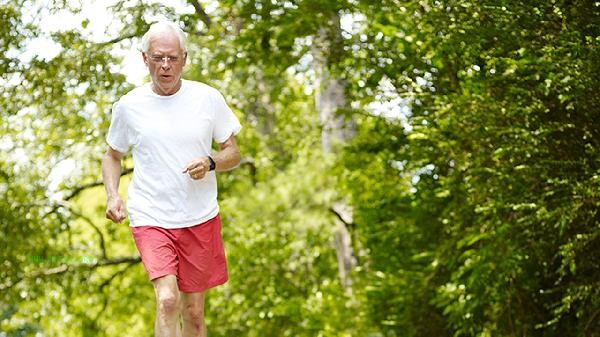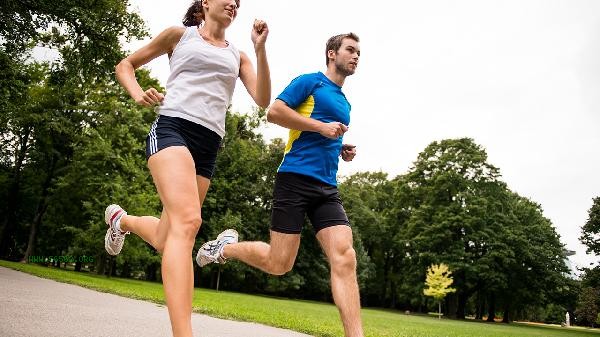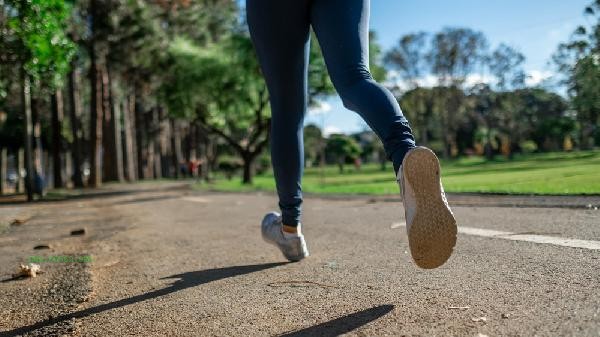People who frequently run should pay attention to balanced nutrition and energy supplementation in their diet, mainly including high-quality protein intake, carbohydrate selection, water supplementation, vitamin and mineral supplementation, and avoiding high-fat and high sugar foods.

1. High quality protein intake
After running, muscle fibers need to be repaired. It is recommended to choose high-quality protein sources such as chicken breast, fish, and eggs. Plant proteins such as tofu and quinoa can also be used as supplements, and the daily intake should account for about 20% of the total energy of the day. Avoid processing meat products and reduce the burden of saturated fatty acids on cardiovascular health.
2. Carbohydrate Selection
Before long-distance running, one should choose slow carbon foods such as oats and whole wheat bread with low glycemic index to maintain blood sugar stability. Timely supplementation of fast carbohydrates such as bananas and sweet potatoes after training helps restore muscle glycogen. It is recommended that the proportion of coarse grains in daily diet should exceed half of refined rice and flour to ensure dietary fiber intake.
3. Water supplementation
Running requires an additional 500 milliliters of electrolyte water per hour, which can be homemade with a small amount of salt and honey. Avoid drinking large amounts of water at once, and it is recommended to replenish 150 milliliters every 20 minutes. Weigh yourself before and after exercise, and for every kilogram you lose, you need to replenish 1.5 liters of water. Ideally, urine should be light yellow in color.

4. Vitamin and Mineral Supplementation
High intensity running can accelerate the consumption of vitamin B and vitamin C, so it is necessary to eat more dark vegetables and citrus fruits. Female runners should pay attention to iron supplementation, which can be combined with animal liver and vitamin C to promote absorption. Summer training should pay attention to supplementing electrolytes such as sodium, potassium, and magnesium to prevent muscle spasms.
Fifth, avoid high-fat and high sugar foods
It is not advisable to consume fried foods or cream products for two hours before and after training to avoid affecting blood viscosity. Consuming a large amount of sweets immediately after exercise can inhibit growth hormone secretion and delay recovery. The intake of trans fatty acids in daily diet should be controlled below 1 gram per day, and nuts can be used as a substitute for snacks. The dietary management of runners needs to be dynamically adjusted in conjunction with training intensity. Before a morning run, it is recommended to consume a small amount of easily digestible foods such as bananas. After a night run, it is recommended to supplement protein and an appropriate amount of carbohydrates. Long term endurance training such as marathons require regular monitoring of ferritin and vitamin D levels. Pay attention to observing gastrointestinal reactions after exercise. For lactose intolerant individuals, it is recommended to choose plant-based protein drinks. Establish a dietary log to record the impact of different foods on exercise performance, gradually forming personalized nutrition plans.








Comments (0)
Leave a Comment
No comments yet
Be the first to share your thoughts!